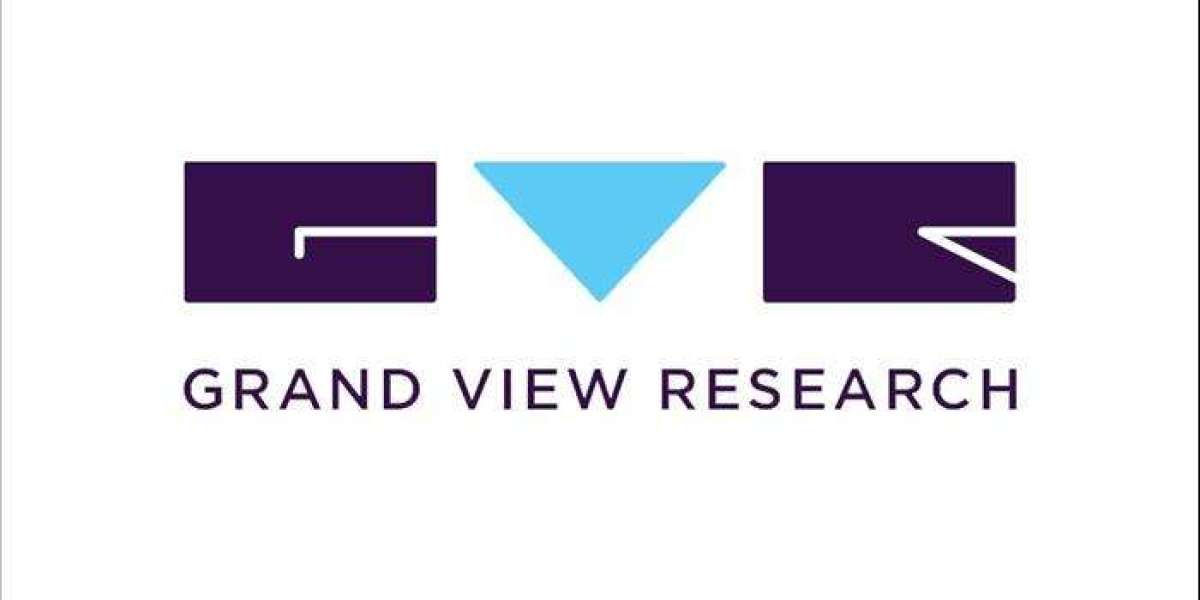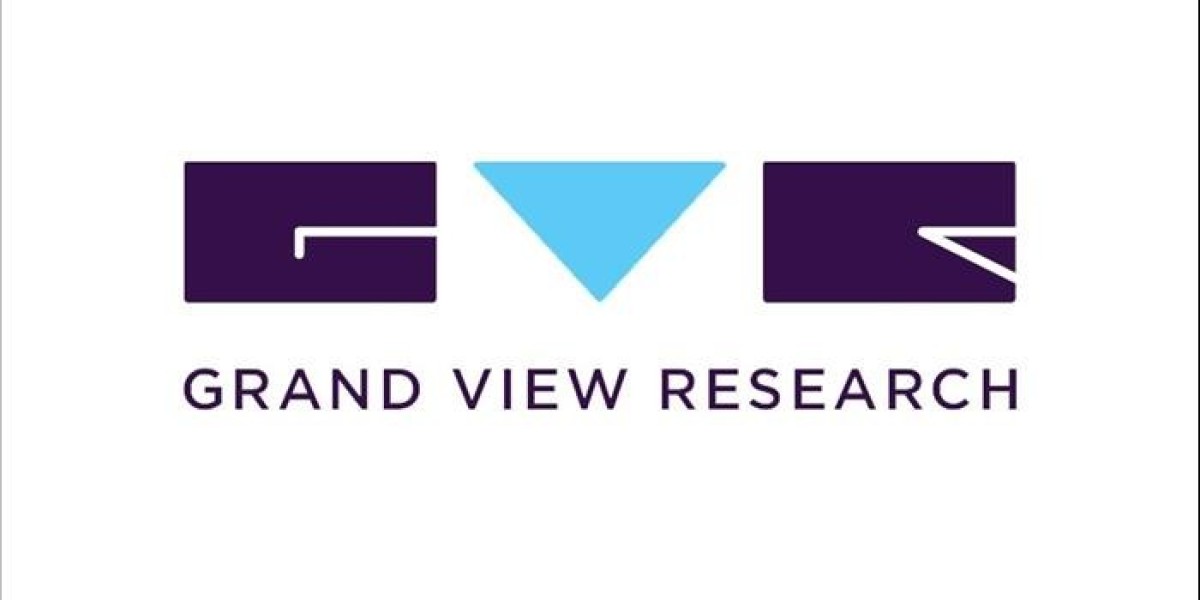Artificial intelligence (AI) is a rapidly advancing field that has the potential to revolutionize numerous industries and transform the way we live and work. With its ability to mimic human intelligence and learn from data, AI is driving innovations in areas such as healthcare, finance, transportation, and more. However, as AI becomes increasingly powerful, it is crucial to navigate the ethical considerations that arise. In this blog post, we will delve into the power of AI, its potential benefits, and the ethical implications we must address.
Note: Looking for computer science assignment help experts? Then hire our reliable experts who can help you with any types of computer science assignment. Order now!
Unleashing the Power of AI:
AI encompasses a wide range of techniques, including machine learning, natural language processing, computer vision, and robotics. These technologies enable computers to analyze vast amounts of data, recognize patterns, make predictions, and solve complex problems. The power of AI lies in its ability to automate tasks, improve efficiency, enhance decision-making, and unlock new insights that were previously unattainable.
Transforming Industries:
AI is reshaping industries across the board. In healthcare, AI is being used to analyze medical images, detect diseases, and assist in diagnosis and treatment planning. In finance, AI algorithms can analyze market trends, predict stock prices, and automate trading processes. Transportation is being revolutionized by AI-powered self-driving cars and intelligent traffic management systems. The potential applications of AI are vast and have the capacity to bring about substantial positive changes in various sectors.
Ethical Considerations:
As AI becomes more prevalent, ethical considerations come to the forefront. Some key concerns include:
a. Bias and Fairness: AI algorithms can inherit biases present in the data they are trained on, leading to biased outcomes. It is essential to ensure fairness, transparency, and accountability in AI systems to prevent discrimination.
b. Privacy and Security: AI relies on vast amounts of data, raising concerns about the privacy and security of personal information. Striking the right balance between data utilization and privacy protection is crucial.
c. Job Displacement: The automation potential of AI raises concerns about job displacement and the need to reskill and upskill the workforce to adapt to the changing job landscape.
d. Autonomy and Decision-making: As AI systems become more autonomous, questions arise regarding who should be held responsible for decisions made by machines and how to ensure ethical decision-making.
Responsible AI Development:
To address the ethical implications of AI, it is imperative to adopt responsible AI development practices:
a. Ethical Guidelines: Developers and organizations should establish ethical guidelines and principles that prioritize transparency, fairness, accountability, and respect for human values.
b. Data Governance: Implementing robust data governance practices ensures that data used for AI training is diverse, representative, and free from bias.
c. Continuous Monitoring: AI systems should be continuously monitored to identify and mitigate any biases or unintended consequences that may arise over time.
d. Public Engagement: Engaging with the public and stakeholders in discussions about AI development and its societal impact promotes transparency and inclusivity in decision-making.
Conclusion:
Artificial intelligence has the power to drive significant advancements and improve countless aspects of our lives. However, as AI technologies continue to evolve, it is vital to navigate the ethical considerations they bring. By fostering a responsible approach to AI development and adoption, we can harness the potential of AI while ensuring fairness, transparency, privacy, and accountability. Striking the right balance between innovation and ethical considerations will shape the future of AI, creating a world where AI technologies work for the betterment of humanity.








